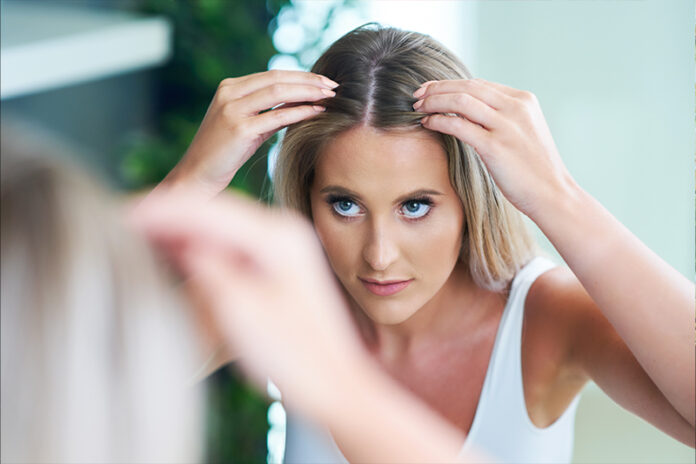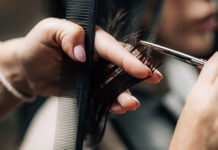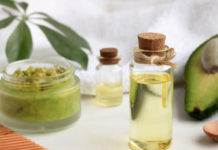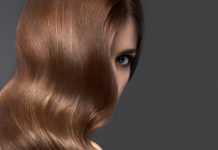
Ladies, let’s talk about a topic that’s often whispered about but rarely addressed openly – hair thinning. Did you know that by the time we reach our 30s, a third of us will have experienced this? And surprisingly, we women make up 40% of all individuals grappling with hair loss. It’s not just a concern for men; it’s very much our story too.
Hair thinning in women, often referred to as “miniaturization” in the haircare world, happens when our hair follicles start shrinking. This leads to finer hair and an increased chance of breakage. The culprits? They range from the natural aging process and hormonal changes (hello, pregnancy and menopause!) to stress, illness, and the harsh chemicals we sometimes use on our hair.
But here’s the good news: there are empowering and effective ways to address this. Let’s dive into some strategies that blend science, nature, and self-care:
- Scalp Exfoliation: Unveiling the Roots of Healthy Hair Exfoliating your scalp might sound like a beauty buzzword, but it’s a foundational step in combating hair thinning. It’s about more than just cleaning; it’s about revitalizing your scalp, the bedrock of your hair. By gently massaging a blend of raw sugar and shampoo, you’re not just clearing away dead skin and buildup; you’re also helping to balance oil production and improve blood circulation. This simple act can be a catalyst for healthier, stronger hair growth.
- Supplements: Nourishing Your Hair from Within Our hair is a reflection of our internal health, and sometimes it needs a little extra help. Supplements can be a powerful ally in your hair care arsenal. Here’s what to look for:
- Biotin: Beyond just promoting hair growth, biotin (a B-vitamin) plays a crucial role in the health of your skin and nails, too.
- Omega-3 Fatty Acids: Found in fish oil and flaxseeds, these fats are like a moisture boost for your hair, promoting luster and shine.
- Vitamin E: It’s not just for skin care; vitamin E can enhance blood flow to the scalp, encouraging hair growth.
- Iron: Iron deficiency is a common cause of hair thinning, especially in premenopausal women. Supplementing with iron can be a game-changer for your hair’s volume and strength.
- Natural Haircare Products: Your Scalp’s Best Friends The scalp is skin, after all, and it deserves as much care as the rest of your body. Switching to natural haircare products can significantly reduce the risk of irritation and inflammation that can exacerbate hair thinning. Look for products with nourishing ingredients like aloe vera, tea tree oil, and natural proteins. Avoid harsh sulfates, parabens, and synthetic fragrances that can strip your hair of its natural oils and weaken the hair shaft.
- Laser Therapy: The Science of Hair Regrowth Laser therapy might sound futuristic, but it’s a scientifically backed method to rejuvenate thinning hair. This non-invasive treatment uses low-level lasers to stimulate hair follicles, increasing energy production and reversing the shrinking of the hair follicle that occurs in miniaturization. It’s a promising option for those seeking a blend of technology and convenience in their hair care routine.
- Extra Love and Care: Your Daily Hair Rituals
- Regular Trims: Keeping your hair trimmed every 6-8 weeks helps prevent split ends from working their way up the shaft, which can cause more breakage and thinning.
- Gentle Styling: Avoid tight hairstyles that can pull on the hair follicles. Instead, opt for looser styles and use a wide-tooth comb to minimize breakage.
- A Balanced Diet: A diet rich in proteins, vitamins (especially A, C, and E), minerals, and essential fatty acids is crucial. Foods like salmon, nuts, spinach, and berries are not just delicious; they’re hair superfoods.
Remember, ladies, hair thinning is a journey many of us will embark on, but it’s one we can navigate with grace, knowledge, and a touch of self-care. Always consult with a healthcare professional for personalized advice, and embrace this journey with the confidence that comes from understanding and nurturing your body’s needs.











